How to Calculate Fuel Savings From Fuel Tax Rebates
Learn what you need to know about the federal fuel tax rebate, how to apply, and how to calculate your potential savings in this blog.
Learn what you need to know about the federal fuel tax rebate, how to apply, and how to calculate your potential savings in this blog.

Maximizing your benefit from fuel tax rebates starts with understanding eligibility. It’s crucial to familiarize yourself with the criteria that classify you or your business as qualified applicants. Knowing the prerequisites ensures you can accurately calculate your potential fuel savings and avoid any missteps in the claims process.
Eligibility for fuel tax rebates is determined by a set of specific requirements. These include the type of fuel used, the purpose of the fuel, and the type of vehicle. For instance, rebates are generally available for diesel or alternative fuels used in commercial transportation, but there may be exceptions based on regional tax laws.
The distinction between personal and commercial vehicle use is significant when it comes to qualifying for fuel tax rebates. Commercial vehicles often qualify for larger rebates due to the nature of their use in business operations. Identifying your vehicle’s use type is a fundamental step in determining eligibility.
Grasping the importance of eligibility criteria forms the cornerstone of an effective strategy to leverage fuel tax rebates. Check out the next sections for insights into integrating these rebates within your broader tax credit framework and financial planning.
Understanding your actual fuel usage is a crucial step in calculating potential fuel savings from fuel tax rebates. By closely monitoring how much fuel you consume, you can estimate your savings more accurately and make informed decisions towards improving your vehicle’s fuel efficiency.
To calculate your fuel consumption, keep a log of every fuel-up and record the mileage on your odometer. This will allow you to determine your miles per gallon (MPG) or kilometers per liter (KPL) by dividing the number of miles traveled by the number of gallons or liters used. With this method, you’ll gain a specific understanding of your vehicle’s performance over time.
Every vehicle has a different fuel economy, which could vary significantly based on the make, model, and age. Moreover, fuel consumption can be affected by driving habits and conditions. Here’s what to look out for:
Regularly tracking your fuel usage will help refine your calculations over time. Consider these methods:
Ready to streamline your fuel tracking process? Experience the efficiency of real-time fuel monitoring with Link2Pump’s cutting-edge software solutions.
Fuel tax rebates can provide a significant financial relief for businesses and individuals who rely on fuel for their operations. However, the application process can be confusing without proper guidance. Here’s an educational walkthrough to help you navigate the process efficiently.
Applying for a fuel tax rebate doesn’t have to be a daunting task. Follow these steps to ensure a smooth application:
Thorough record-keeping is critical when applying for a fuel tax rebate. Ensure you retain the following:
Note: Keeping digital copies of all documents can simplify your record-keeping and facilitate easier submission.
To effectively process your fuel tax rebate application, you will need to provide several pieces of business information, including:
Take the time to gather all the necessary information before you begin the application. This preparation can prevent delays or rejection of your claim due to missing or incorrect details.
Understanding how to calculate your potential fuel savings from fuel tax rebates is essential in assessing the overall benefit these rebates can bring to your finances. By breaking down the components of your potential savings, you establish a clearer picture of how fuel tax rebates can positively affect your budget.
To accurately calculate your potential fuel savings, you need to consider the following steps that delve into the specifics of your personal or business fuel consumption:
For example, if you consume 1,000 gallons of fuel annually, and the fuel tax rate is $0.50 per gallon, your total fuel tax amounts to $500. If your tax rebate program offers a 10% rebate, your potential fuel savings would be $50 annually.
Note: The actual calculation method may vary based on the specific rules and regulations of the tax rebate program you are applying for. It’s always a good idea to consult with a tax professional or leverage official tax rebate calculators provided by the government for precise figures.
Staying ahead of your business’s fuel costs demands a modern, efficient approach to fuel management. Beyond mere calculation of savings, it’s important to adopt tools that facilitate data-driven decisions. This is where Link2Pump shines, providing you with an agile and comprehensive fuel management system for your business.
Don’t let manual methods hold your business back—embrace the precision and accessibility of Link2Pump’s solutions to optimize your fuel tax savings.
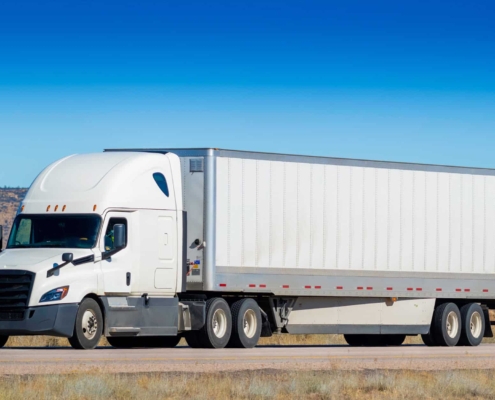

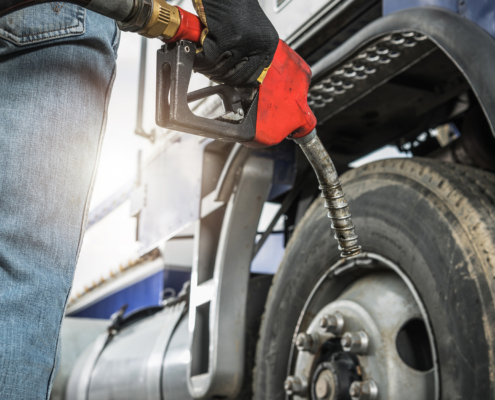

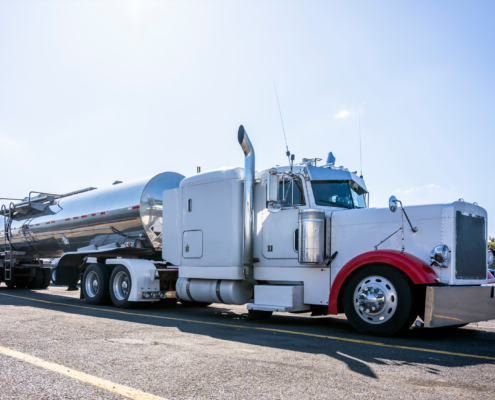
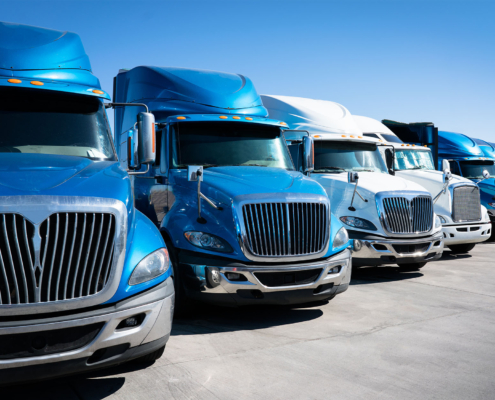
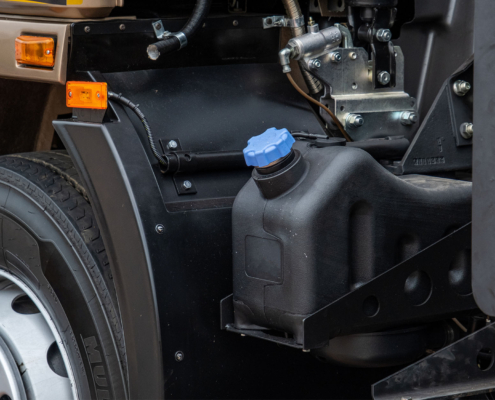



Link2Pump offers fuel management systems that allow business to move from the clipboard to the cloud.
This site uses cookies. By continuing to browse the site, you are agreeing to our use of cookies.
AcceptLearn moreWe may request cookies to be set on your device. We use cookies to let us know when you visit our websites, how you interact with us, to enrich your user experience, and to customize your relationship with our website.
Click on the different category headings to find out more. You can also change some of your preferences. Note that blocking some types of cookies may impact your experience on our websites and the services we are able to offer.
These cookies are strictly necessary to provide you with services available through our website and to use some of its features.
Because these cookies are strictly necessary to deliver the website, refusing them will have impact how our site functions. You always can block or delete cookies by changing your browser settings and force blocking all cookies on this website. But this will always prompt you to accept/refuse cookies when revisiting our site.
We fully respect if you want to refuse cookies but to avoid asking you again and again kindly allow us to store a cookie for that. You are free to opt out any time or opt in for other cookies to get a better experience. If you refuse cookies we will remove all set cookies in our domain.
We provide you with a list of stored cookies on your computer in our domain so you can check what we stored. Due to security reasons we are not able to show or modify cookies from other domains. You can check these in your browser security settings.
We also use different external services like Google Webfonts, Google Maps, and external Video providers. Since these providers may collect personal data like your IP address we allow you to block them here. Please be aware that this might heavily reduce the functionality and appearance of our site. Changes will take effect once you reload the page.
Google Webfont Settings:
Google Map Settings:
Google reCaptcha Settings:
Vimeo and Youtube video embeds:
